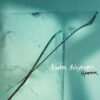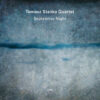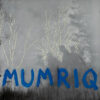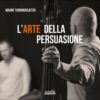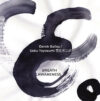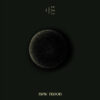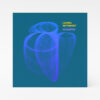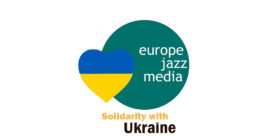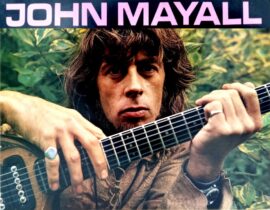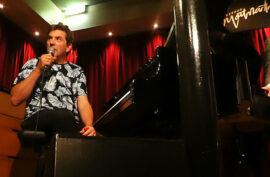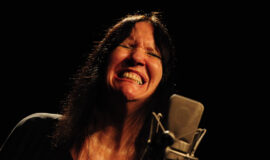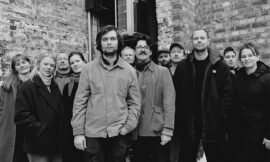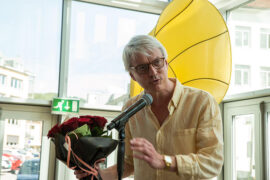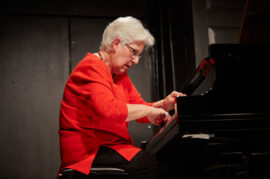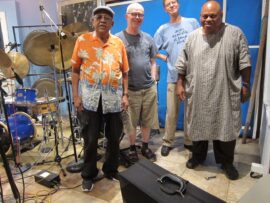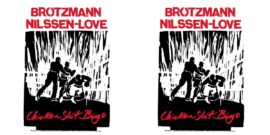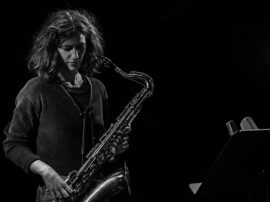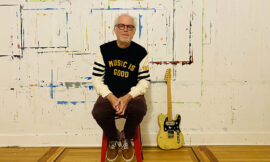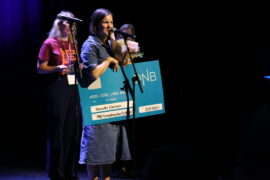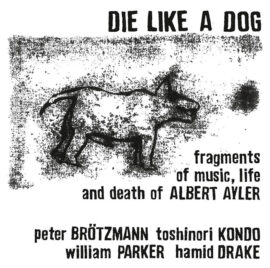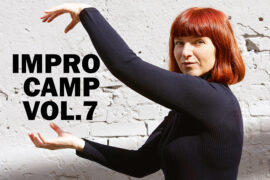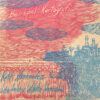
Two American ex-pats – Stockholm-based violinist Katt Hernandez and Oslo-based double bass player John Andrew Wilhite-Hannisdal offer a new method of mapping their musical worlds. Hernandez and Wilhite-Hannisdal suggest a brave, new global village – if we borrow the term coined by the late double bass master Peter Kowald, a world of great potential and allegory, full of imaginary lands, peoples, and music traditions.
Both Hernandez and Wilhite-Hannisdal refuse to be locked in distinct genres or musical convictions. Hernandez is a student of Joe Maneri’s microtonal system, has played Rembetica, Americana, punk, Sufi, klezmer, Anatolian music, psych, classical, and jazz, and is a member of the recent incarnation of Mats Gustafsson’s Fire! Orchestra. Wilhite-Hannisdal is a student of the great double bass player Reggie Workman and came to Norway to work with another great double bass player Håkon Thelin, a member of the Andreas Røysum Ensemble, works with material as diverse as Cod-fish-mating-sounds and chess, and was commissioned to write for the Norwegian National Opera. «Bei-spiel Kartografi» was recorded in Oslo in July 2018 and is released in a limited edition of 100 vinyl records – each one with unique, handmade cover art by Philadelphia based artist Erik Ruin, as well as digitally.
Hernandez and Wilhite-Hannisdal create on «Bei-spiel Kartografi» an inclusive and elusive musical universe that refers to fictional pasts or potential futures and moves back and forth between free-improvised searches to structured, chamber music, or between ancient musical traditions and innovative extended bowing techniques. In like-minded spirit, the six pieces’ titles blur the distinction between historic and fictive places, fitting into an alternative map. These pieces are conversational and stress a dance-like close and curious interplay. Hernandez is a true free spirit, coloring every piece with her imaginative, free-associative musings, often twisting elements from Irish folk music of Norwegian Hardanger fiddle legacy. Wilhite-Hannisdal cleverly anchors these spectacular flight into coherent, dramatic narratives, with arresting elegance.
Hernandez and Wilhite-Hannisdal say that their work is «focused on what perhaps could have been in a world of troubled geographies». But they transform these «troubled geographies» into vivid, alternative sonic territories, full of hope and compassion. After all, Kowald was right when he coined this kind of musical melting pot as a global village.
Eyal Hareuveni
Katt Hernandez (vio), John Andrew Wilhite-Hannisdal (b)

